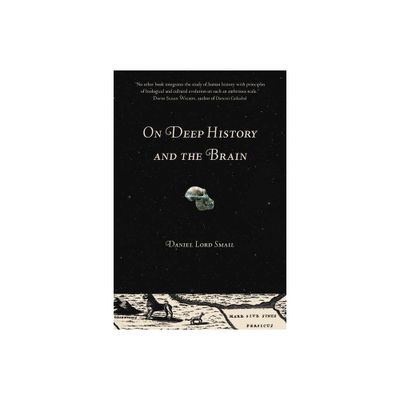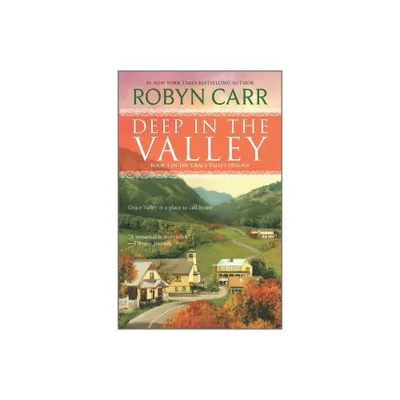Home
Coyote Valley: Deep History the High Rockies
Loading Inventory...
Barnes and Noble
Coyote Valley: Deep History the High Rockies
Current price: $42.00


Barnes and Noble
Coyote Valley: Deep History the High Rockies
Current price: $42.00
Loading Inventory...
Size: Hardcover
*Product Information may vary - to confirm product availability, pricing, and additional information please contact Barnes and Noble
What can we learn from a high-country valley tucked into an isolated corner of Rocky Mountain National Park? In this pathbreaking book, Thomas Andrews offers a meditation on the environmental and historical pressures that have shaped and reshaped one small stretch of North America, from the last ice age to the advent of the Anthropocene and the latest controversies over climate change.
Large-scale historical approaches continue to make monumental contributions to our understanding of the past, Andrews writes. But they are incapable of revealing everything we need to know about the interconnected workings of nature and human history. Alongside native peoples, miners, homesteaders, tourists, and conservationists, Andrews considers elk, willows, gold, mountain pine beetles, and the Colorado River as vital historical subjects. Integrating evidence from several historical fields with insights from ecology, archaeology, geology, and wildlife biology, this work simultaneously invites scientists to take history seriously and prevails upon historians to give other ways of knowing the past the attention they deserve.
From the emergence and dispossession of the Nuche—“the People”—who for centuries adapted to a stubborn environment, to settlers intent on exploiting the land, to forest-destroying insect invasions and a warming climate that is pushing entire ecosystems to the brink of extinction,
Coyote Valley
underscores the value of deep drilling into local history for core relationships—to the land, climate, and other species—that complement broader truths. This book brings to the surface the critical lessons that only small and seemingly unimportant places on Earth can teach.
Large-scale historical approaches continue to make monumental contributions to our understanding of the past, Andrews writes. But they are incapable of revealing everything we need to know about the interconnected workings of nature and human history. Alongside native peoples, miners, homesteaders, tourists, and conservationists, Andrews considers elk, willows, gold, mountain pine beetles, and the Colorado River as vital historical subjects. Integrating evidence from several historical fields with insights from ecology, archaeology, geology, and wildlife biology, this work simultaneously invites scientists to take history seriously and prevails upon historians to give other ways of knowing the past the attention they deserve.
From the emergence and dispossession of the Nuche—“the People”—who for centuries adapted to a stubborn environment, to settlers intent on exploiting the land, to forest-destroying insect invasions and a warming climate that is pushing entire ecosystems to the brink of extinction,
Coyote Valley
underscores the value of deep drilling into local history for core relationships—to the land, climate, and other species—that complement broader truths. This book brings to the surface the critical lessons that only small and seemingly unimportant places on Earth can teach.

















